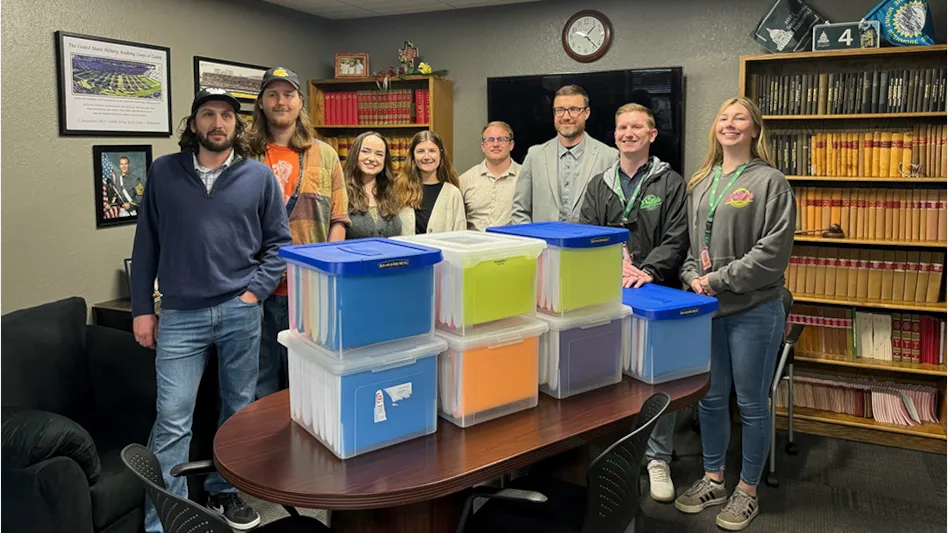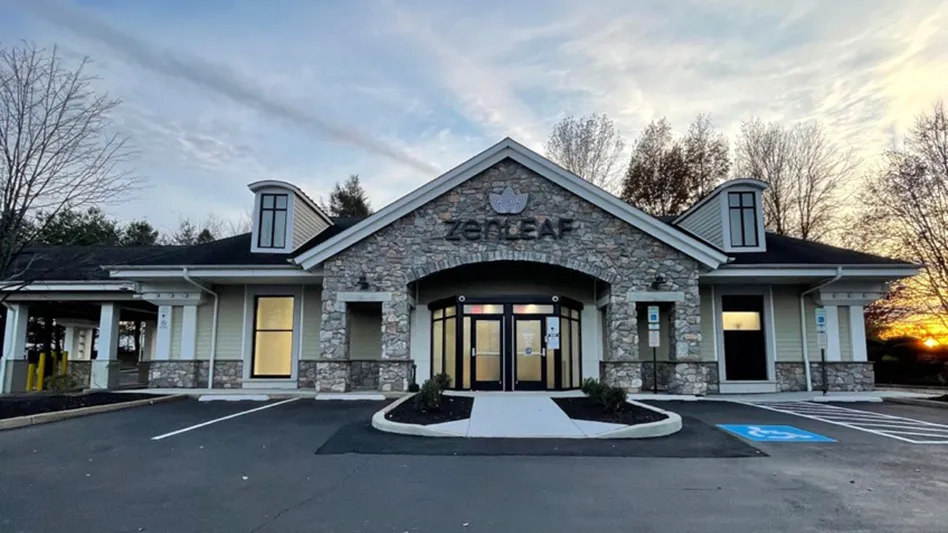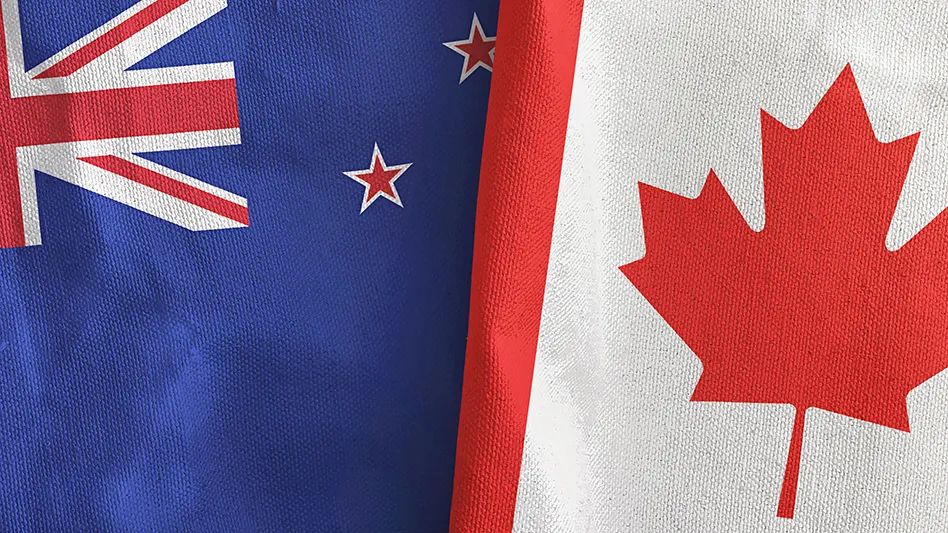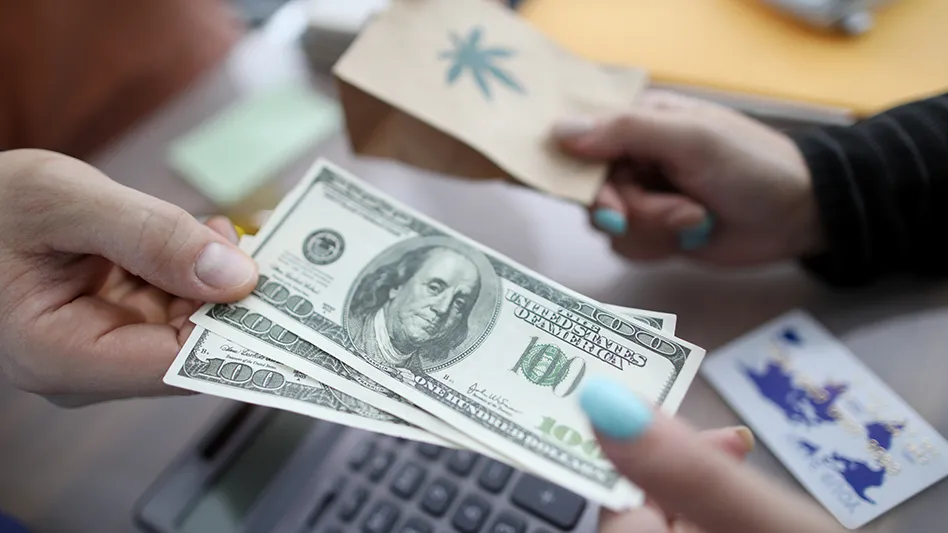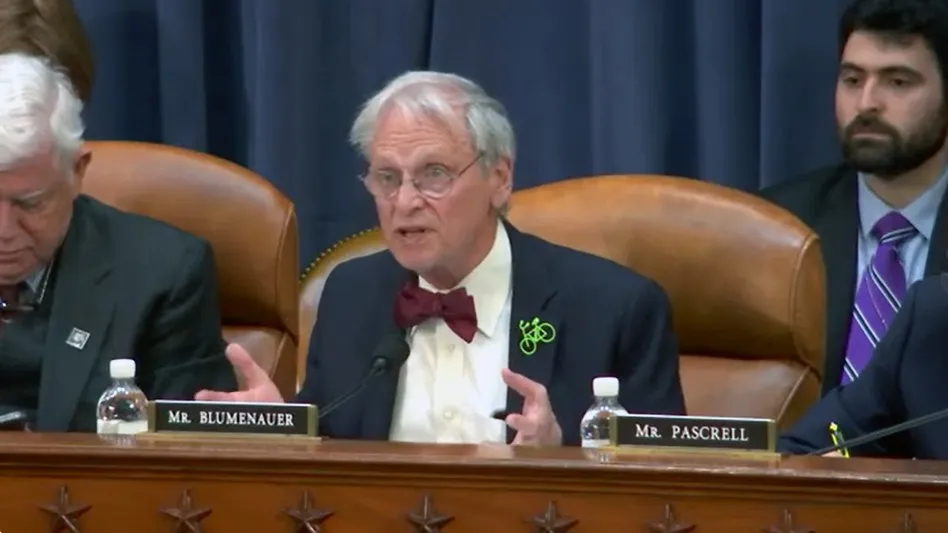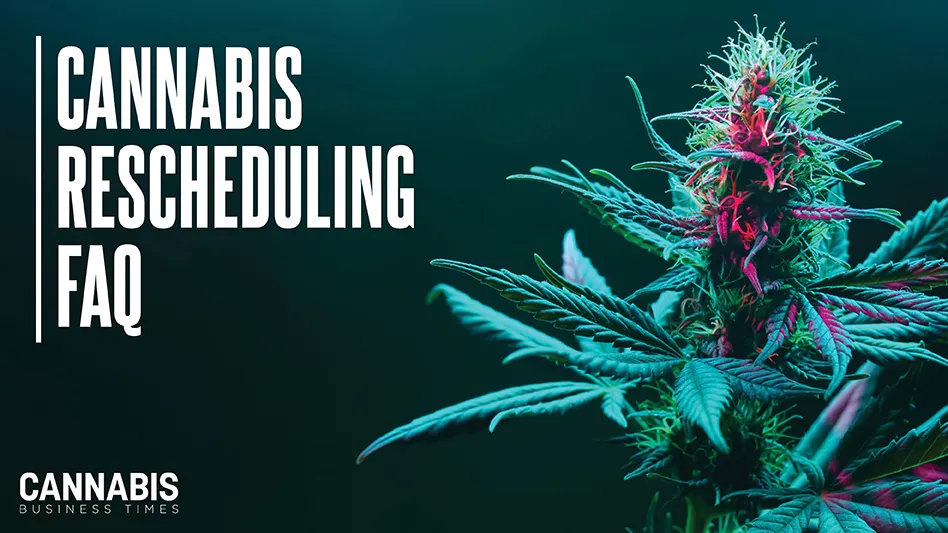
Adobe Stock
While some assumed Virginia’s cannabis sales bill was riding on Republican Gov. Glenn Youngkin receiving funding for his proposed sports arena deal, that may have never been the case.
Optimism for a deal to be had perhaps was grounded in Senate President Pro Tempore Louise Lucas’s December 2023 comments on social media, when the Democrat said, “While some people want sports stadiums … I want [the] recreational sale of marijuana. Guess we will have to find compromises this session.”
After the Democratic-controlled General Assembly passed legislation Feb. 28—largely along party lines—that would allow licensed dispensaries to begin selling adult-use cannabis on May 1, 2025, cannabis reform was reportedly on the bargaining table with the governor’s sports arena in the days after, according to the Virginia Mercury.
But on March 7, when Virginia’s Senate unveiled a budget that did not include the governor’s proposed $2 billion public-private partnership to create a 9 million-square-foot entertainment district in Alexandria—one where the Washington Wizards and Capitals would play—it was thought to have been a dealbreaker.
In a press conference that day, Youngkin said, “I’ve been clear: I don’t have any interest in the cannabis legislation. I’ve expressed that to people over and over again.”
RELATED: Tension Between Virginia Governor, Senate Could Deal Defeat to Cannabis Sales Bill
Now, Virginia Senate Democrats are shedding light on a bargain that never stood a chance.
Sen. Creigh Deeds, who was one of a dozen lawmakers involved in the budget discussions, said Youngkin was responsible for dismantling his own proposed sports arena deal when he refused to entertain Democrat priorities, such as cannabis sales, in negotiations, WRIC reported.
“But it wasn’t possible,” Deeds told the news outlet about the Democrats’ effort to leverage their legislative priorities. “We were advised that the governor wasn’t going to sign the [cannabis sales] bill under any circumstance.”
Youngkin touted in his press conference last week that his proposed sports arena would bring upward of 30,000 jobs and provide the state with $12 billion in economic impact. But he did not mention that much of the same would be true under an adult-use cannabis market.
Washington, a state with a slightly smaller population than Virginia, has a cannabis market that supports more than 22,000 jobs, according to industry hiring platform Vangst. In addition, Washington’s licensed dispensaries have sold more than $7.5 billion in cannabis in the past six years, according to the state’s Department of Revenue.
In Virginia, Del. Paul Krizek, who sponsored the cannabis sales bill in the House, estimates there’s a roughly $3 billion unregulated market.
“It’s time to give Virginians access to a safe, tested and taxed product,” Krizek said last month on the House floor before lawmakers voted, 51-47, to approve the legislation.
The General Assembly’s passage of the bill came nearly three years after Virginia initially passed an adult-use cannabis bill allowing adults 21 and older to possess up to 1 ounce of cannabis and grow up to four plants per household. But a reenactment clause to launch a commercial marketplace never happened when Democrats lost their government trifecta in the Legislature and governorship the following year.
And with Youngkin still in the driver’s seat of the executive branch, a regulated adult-use cannabis market could continue to be stalled.
“At the end of the day here, we are talking about an opportunity,” he said about the sports arena during his press conference. “And bluntly, you want to talk about putting a cannabis shop on every corner. I don’t quite get it, honestly.”
Youngkin has 30 days from the General Assembly’s March 9 adjournment to sign or veto the legislation—or do nothing and allow the bill to become law without his signature.
In the bill’s current form, it does not have the supermajority support needed to override a veto.
Latest from Cannabis Business Times
- Verano Opens MÜV Haines City, Company’s 75th Florida Dispensary
- Ascend Wellness Holdings Reports $142.4M Net Revenue for Q1 2024
- Trulieve Reports $298M in Revenue for 1st Quarter 2024
- SNDL Reports 1st Quarter 2024 Financial, Operational Results
- Leading Cannabis Brand STIIIZY Expands Retail Presence With Fresno Location Opening Saturday, May 11
- The Cannabist Co. Reports 1st Quarter 2024 Results
- Green Thumb Reports $276M Revenue for 1st Quarter 2024
- Colorado Legislature Gives Final Approval to Measure Aimed at Streamlining Marijuana Regulations
